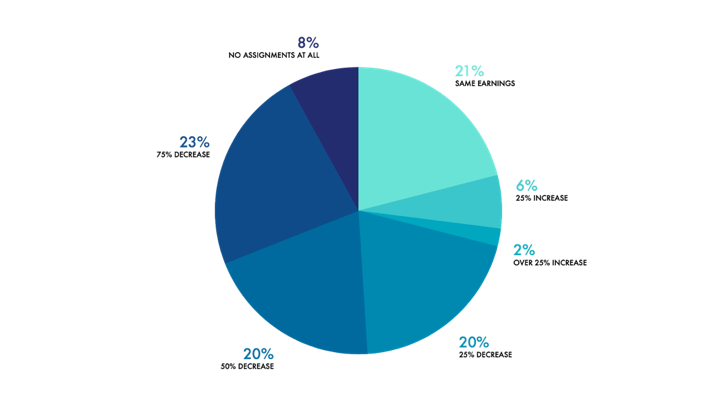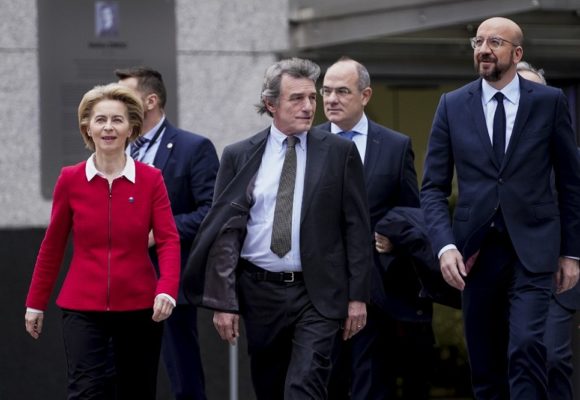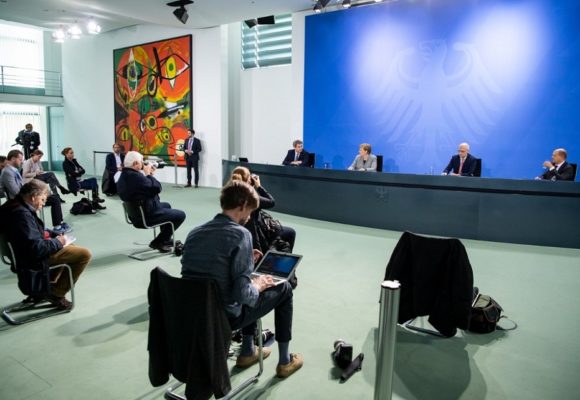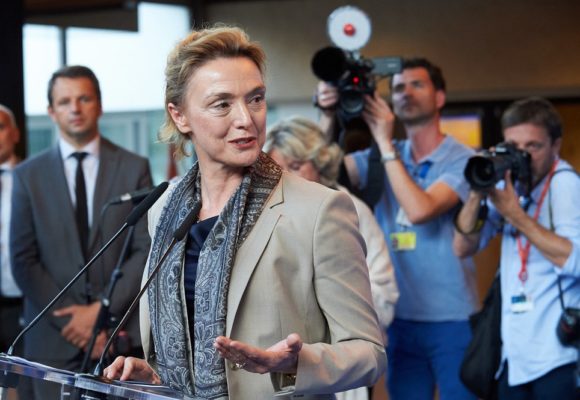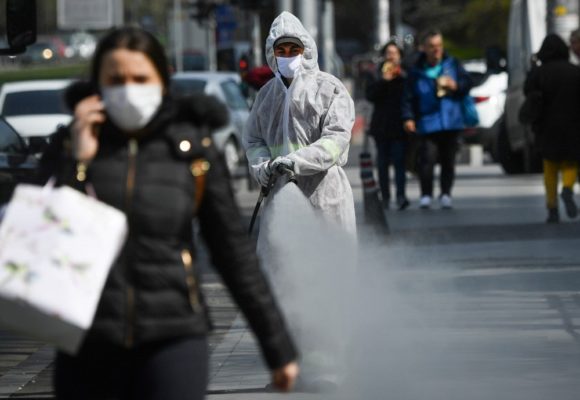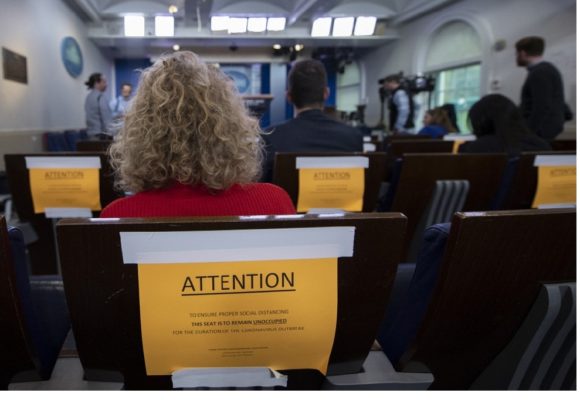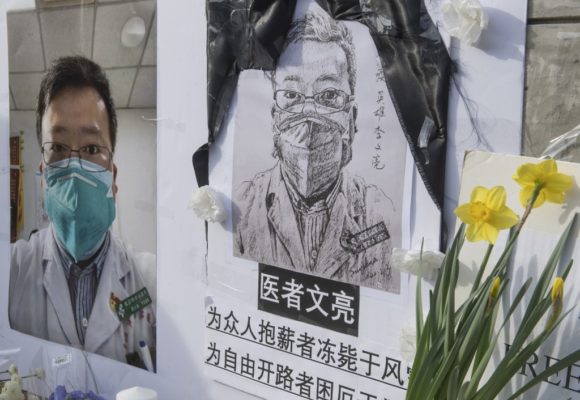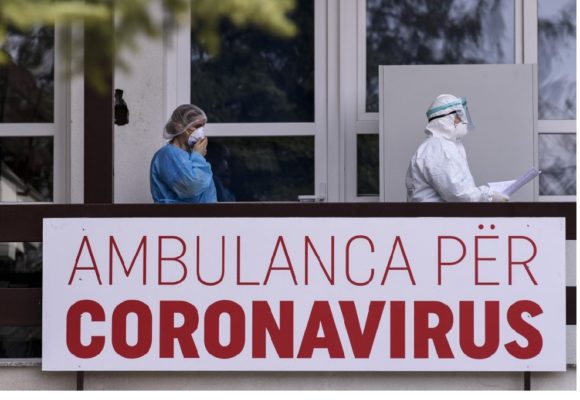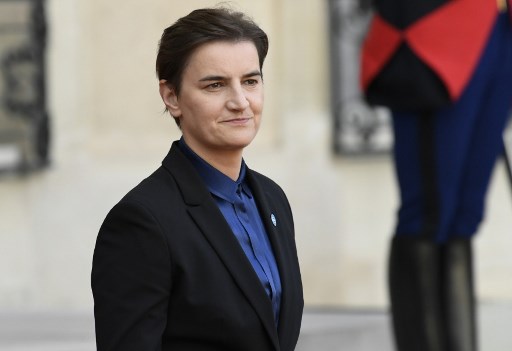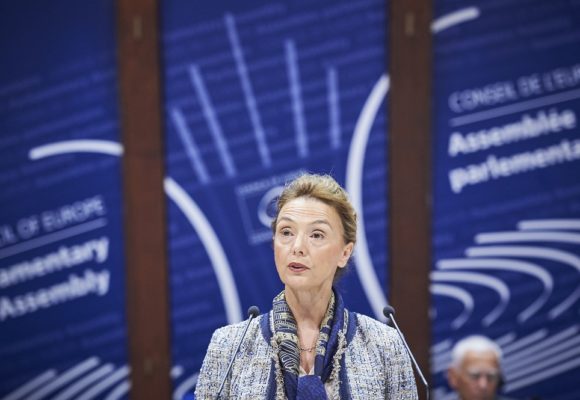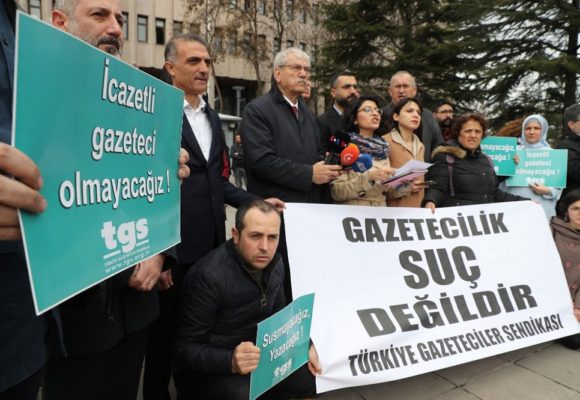Germany: Freelancers in urgent need of long-awaited financial support
The German Journalists Association (DJV) has conducted a survey on the economic impact of the Covid-19 pandemic on Freelance journalists in Germany. About one year after the beginning of the crisis, the results show that many freelance journalists face an increasingly precarious situationl due to insufficient support. The European Federation of Journalists (EFJ) joins its German affiliates in drawing attention to this particularly vulnerable group of journalists and in calling for improved financial mechanisms to address this issue. Between 29 January and 19 February 2021, 1,090 freelance journalists participated in the study. It found that the average annual income of freelancers…

